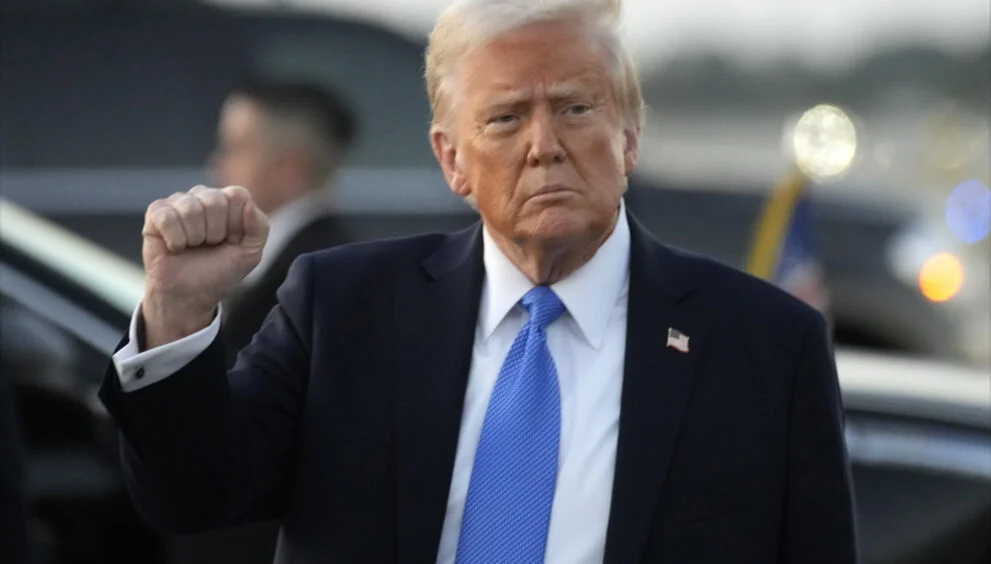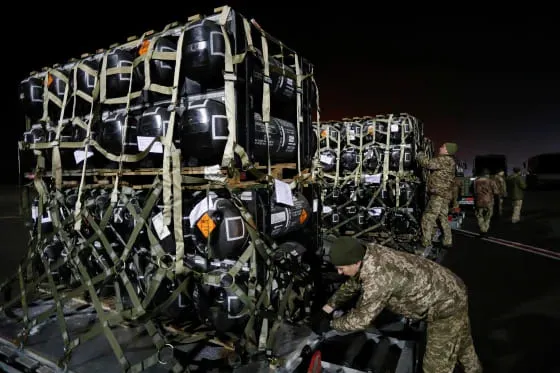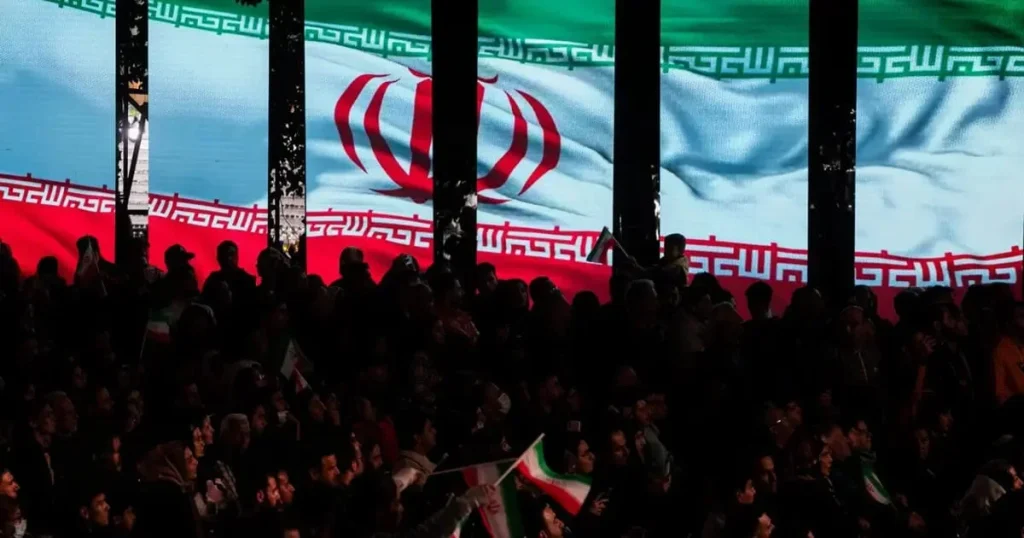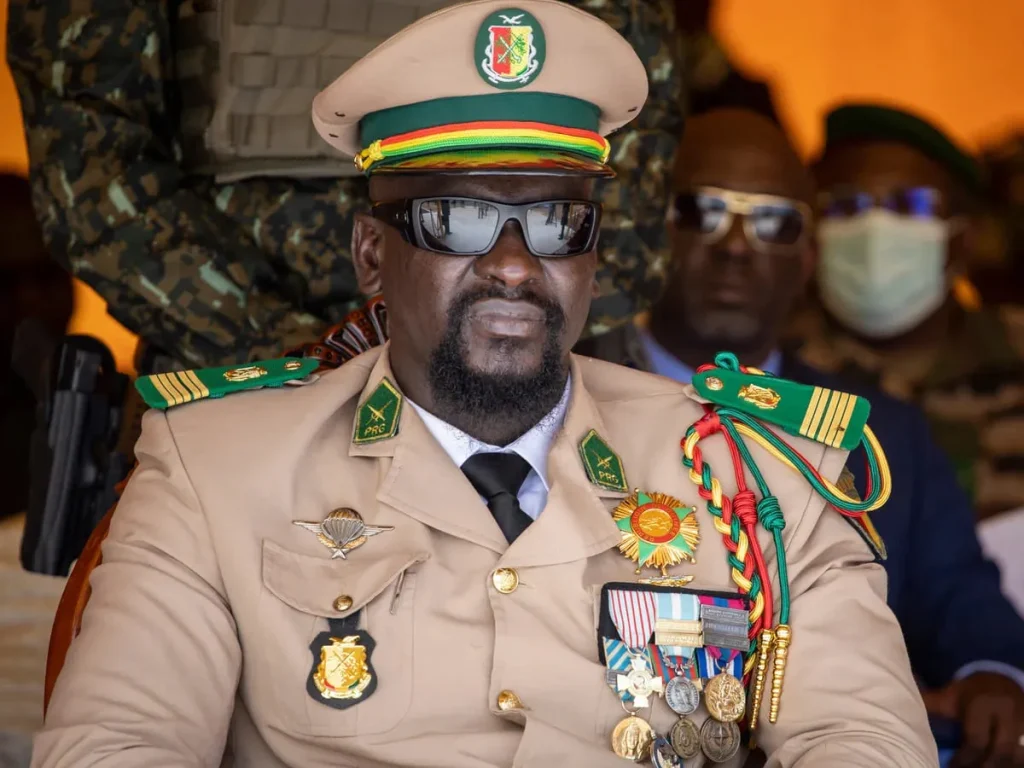U.S. President Donald Trump will host a mini-summit with the leaders of Gabon, Guinea-Bissau, Liberia, Mauritania, and Senegal from July 9 to 11,2025, in Washington, D.C.
The meeting, described as a surprise by some analysts, signals a continuation of intensified U.S. diplomatic engagement with Africa, focusing primarily on trade and commercial opportunities.
Focus on Trade and Economic Ties
The upcoming summit is expected to prioritize economic cooperation, particularly in West Africa’s critical minerals sector, alongside discussions on regional security.
President Trump has emphasized strengthening business ties with African nations, shifting away from traditional humanitarian aid and development programs.
This aligns with his “America First” policy, which seeks mutually beneficial trade agreements to bolster U.S. economic interests while fostering African markets.
The White House has highlighted the immense commercial potential of African nations, with a senior official noting that the summit will include a working lunch to discuss investment opportunities.
Context of U.S.-Africa Diplomacy
The meeting follows a recent U.S.-brokered ceasefire between Rwanda and the Democratic Republic of Congo, a significant diplomatic achievement that eased months of conflict involving Rwandan-backed rebels in eastern DRC.
However, Trump’s earlier engagement with South African President Cyril Ramaphosa in May 2025 was marked by tension, with reports describing the encounter as an “ambush” over controversial claims.
The upcoming summit with West African leaders aims to avoid such friction, focusing instead on pragmatic trade discussions.
Broader U.S.-Africa Strategy
The July mini-summit precedes a planned broader U.S.-Africa summit in New York in September 2025, though details remain unconfirmed.
Analysts view these engagements as part of a strategic pivot to counter growing Chinese and Russian influence in Africa, particularly in resource-rich regions like the Sahel.
The Trump administration’s focus on commercial diplomacy, as articulated by State Department official Troy Fitrell, emphasizes evaluating U.S. envoys based on secured trade deals, aiming to unlock private-sector investments in infrastructure and other sectors.
Implications for West Africa
The inclusion of Gabon, Guinea-Bissau, Liberia, Mauritania, and Senegal reflects their strategic importance in West Africa’s economic and security landscape.
These nations, three of which are ECOWAS members, are seen as key partners in accessing critical minerals vital for global supply chains.
However, some observers have questioned the exclusion of Nigeria, West Africa’s economic powerhouse, from the summit guest list, raising concerns about missed investment opportunities.
Looking Ahead
As Trump’s second term unfolds, the mini-summit underscores a transactional approach to U.S.-Africa relations, prioritizing trade over aid.
With global competition for African resources and markets intensifying, the outcomes of this meeting could shape future economic partnerships and influence the broader U.S.-Africa summit later this year.























